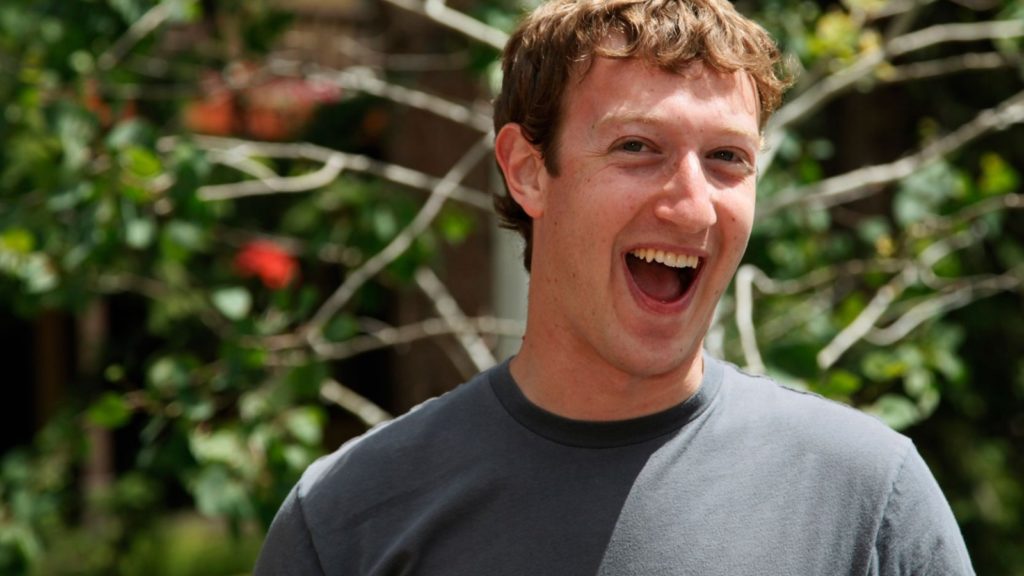Facebook Will Pay Rs 26,000 To Users For Storing Their Images Without Permission; Biggest Win In Privacy Issue Ever

A federal judge on Friday called the case a hotly contested area of digital privacy thus approving a $650 million settlement of a privacy lawsuit against Facebook for allegedly using photo face-tagging and other biometric data without the permission of its users. It all started in 2015 when Facebook tried to violate the rules of the Biometric Information Privacy policy. According to the policy, Consumer can easily sue companies that didn’t get permission before harvesting data especially when the information has to do with digital scans of people faces without the user’s consents
Why Donato called it one of the largest settlements ever for a privacy violation?
Privacy is important for all generations. Facebook was violating Illinois law by storing biometric data — digital scans of people’s faces, in support of its face-tagging feature — without users’ consent. Eventually, Facebook agreed to pay $550 million after it failed to get the lawsuit — filed as a class action in 2018 – dismissed. About July 2020 hearing, James Donato said that the amount was insufficient as the deal will affect 1.6 million Facebook users in Illinois who submitted claims.
“It will put at least $345 into the hands of every class member interested in being compensated,” he wrote, calling it “a major win for consumers in the hotly contested area of digital privacy,” he said.
Jay Edelson, a Chicago attorney who filed the lawsuit told the Chicago Tribune that the checks could be in the mail within two months unless the ruling is appealed.
How Facebook reacted when asked about the settlement?
In the middle of this chaos, in a Facebook post where Mr. Zuckerberg said the firm had “a responsibility to protect people’s privacy” and would be changing how its products were developed and how the company is run.
He said that Facebook was reviewing its technical systems to identify possible privacy risks, and going forward, whenever the social network built a new product that used data, or a feature changed the way it used data, possible privacy risks would need to be addressed.
Facebook after the settlement said in a statement “we are pleased to have settled so we can move past this matter, which is in the best interest of our community and our shareholders.”

Comments are closed, but trackbacks and pingbacks are open.